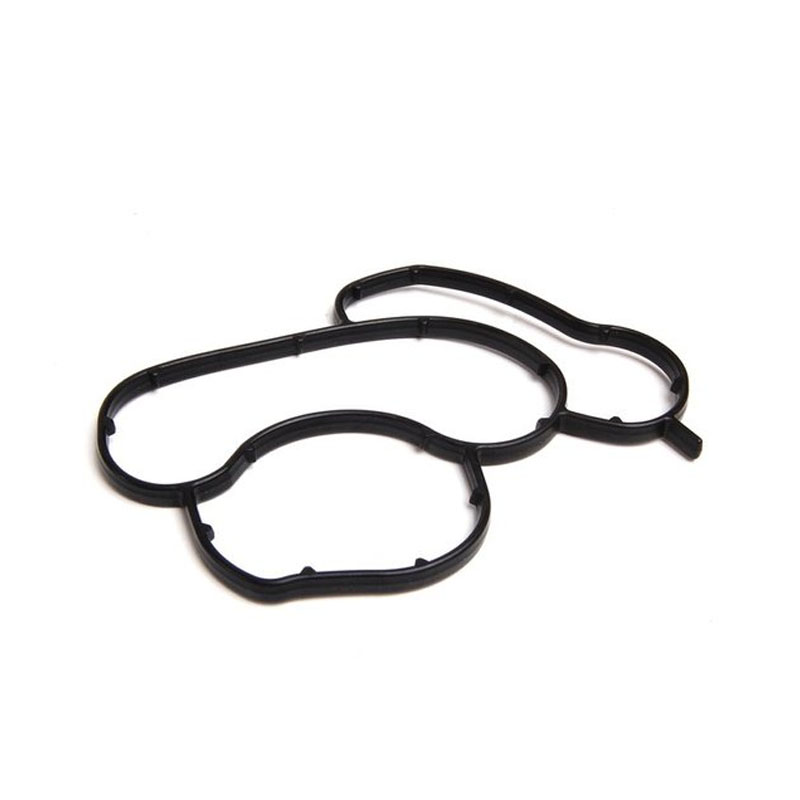Sealing Solutions for Oil Housing Applications and Their Importance in Performance
The Importance of Oil Housing Seals in Industrial Applications
In the realm of machinery and industrial processes, the effective functioning of components hinges on one crucial aspect sealing mechanisms. Among these, oil housing seals play an indispensable role in ensuring the efficiency and longevity of various equipment. These seals not only prevent the leakage of lubricants but also protect the internal components from contaminants, thereby enhancing performance and reliability.
Oil housing seals are specifically designed to fit snugly within the housing of rotating shafts. Their primary function is to retain lubricant within the machinery while preventing external dirt, dust, and other particulates from entering. This function is particularly critical in high-speed and high-temperature operations where the risk of oil leakage can lead to significant mechanical failures and costly downtime.
The construction of oil housing seals varies based on the specific requirements of the application. Common materials include rubber, silicone, and various synthetic compounds, each chosen for their durability and resistance to extreme conditions. For instance, nitrile rubber is frequently used for its excellent resistance to petroleum-based fluids, making it ideal for heavy machinery that operates in oil-rich environments. On the other hand, Viton seals are recommended for applications requiring higher temperature withstandability.
One of the most significant benefits of using oil housing seals is the reduction of maintenance costs
. By minimizing oil leaks, companies can avoid the expenses associated with frequent oil replacement and other maintenance activities. Moreover, maintaining a proper oil level ensures optimal lubrication, reducing wear and tear on components, and thus extending the lifespan of machinery.oil housing seal

The implications of ineffective sealing can be severe. Oil leaks can lead to environmental hazards, resulting in spills that not only harm the surrounding ecosystem but can also attract hefty fines from regulatory bodies. Furthermore, the loss of oil compromises the lubrication system, which can cause overheating and premature failure of critical components. Thus, the integrity of oil housing seals directly influences both operational safety and environmental compliance.
Another essential aspect is the compatibility of the seal material with the specific type of oil used. Different oils have varying chemical compositions, and using incompatible seals can lead to degradation of the seal material, resulting in premature failure. Therefore, it is vital for manufacturers and maintenance teams to ensure that they select and install the correct oil housing seals to match the operational requirements.
It’s also worth noting the impact of advancements in sealing technology. Innovations have led to the development of seals that not only offer superior performance but can also withstand more aggressive environments, including increased pressure and temperature ranges. Some modern seals even incorporate features that allow for easy installation and removal, thereby simplifying maintenance procedures. With the continuous evolution of material science, the future looks promising for the development of even more efficient oil housing seals.
In conclusion, the importance of oil housing seals cannot be overstated in ensuring the smooth operation of machinery across various industries. Their ability to prevent leaks, prolong equipment life, and protect against contamination underlines their necessity. As technology continues to advance, we can expect even more sophisticated sealing solutions that will meet the demands of modern industrial applications. For businesses aiming to enhance operational efficiency and reduce costs, investing in high-quality oil housing seals is a decision that yields significant returns in reliability and longevity.
-
Understanding the Front Main Engine Seal: Purpose, Maintenance, and Installation
News Jul.29,2025
-
Understanding O-Rings and Seal Rings: Types, Applications, and Custom Solutions
News Jul.29,2025
-
Understanding Crankshaft Oil Seals: Rear Seals, Pulley Seals, and Their Role in Engine Integrity
News Jul.29,2025
-
The Importance of Front and Rear Crankshaft Seals in Engine Performance and Oil Management
News Jul.29,2025
-
Crank Oil Seals: Functions, Types, and Cost Considerations in Engine Maintenance
News Jul.29,2025
-
A Comprehensive Guide to O-Rings and Seals: Types, Materials, and Global Applications
News Jul.29,2025
-
Mastering Diesel and Performance Engine Maintenance: A Guide to Critical Oil Gaskets
News Jul.28,2025
Products categories















